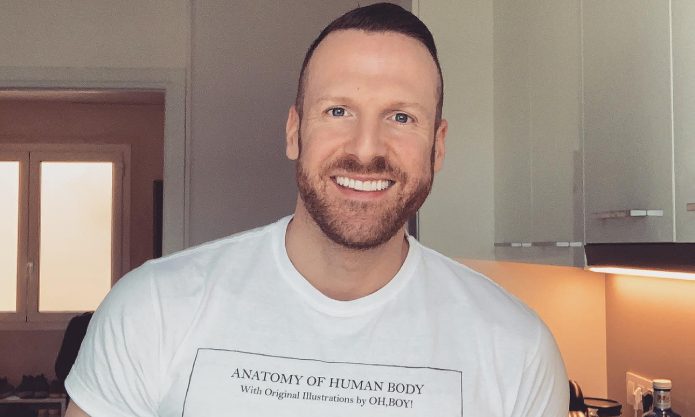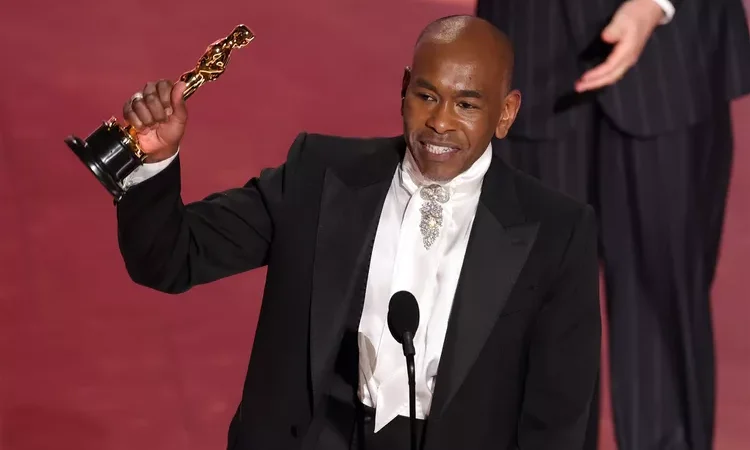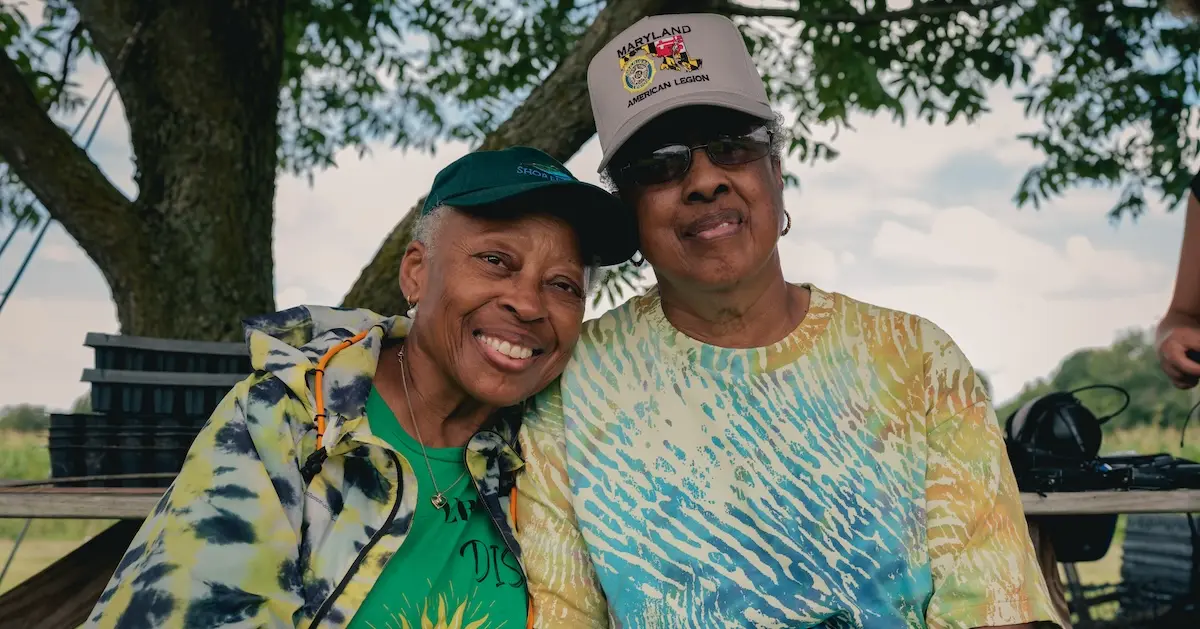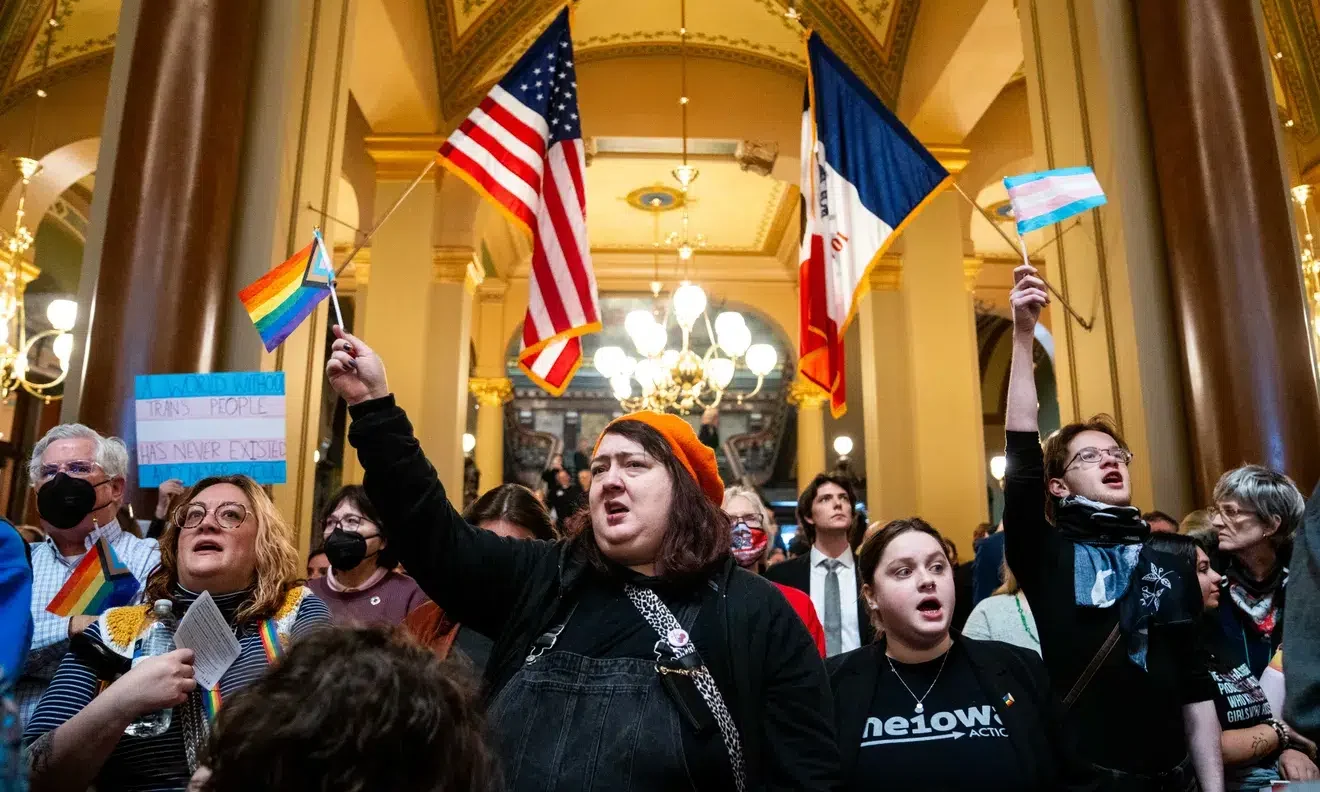Tim Kruger, the gay pornographic actor and entrepreneur known legally as Marcel Bonn, has died at the age of 44. The news was confirmed by his partner in a heartfelt post shared on social media and on the adult film website TimTales, which Kruger founded in 2009.
In the post, Kruger’s partner described him as a “sweet, caring” individual and expressed deep sorrow over his death, which was reportedly the result of a “tragic accident” at his home. Kruger, who was born in Dusseldorf, Germany, was a well-known figure in the gay adult film industry.
“It is with the heaviest of hearts that I have to share the news of the passing of our beloved Marcel, the man you all knew and loved as Tim Kruger,” the post began.

The partner described Kruger as not only a cherished public figure but also a lifelong companion. “To the public, he was the ultimate ginger pornstar; to me, he was a sweet, caring partner of over 20 years. He was also my best friend. He touched the lives of everyone who had the privilege of knowing him,” the post read.
Kruger’s death has sparked a wave of tributes from fans and industry colleagues, with many remembering him for his contributions to the adult entertainment world and his kindness off-camera.
The post also sought to address speculation surrounding Kruger’s death, noting that there were no drugs involved, nor any signs of foul play. “I am very aware of the stigma that surrounds deaths in the porn industry, so let me make this very clear to hopefully cut down on the inevitable speculation: Tim’s death was a tragic, yet simple accident at home. There were no drugs involved, nor was there any indication of foul play or suicide,” the statement clarified.
The message went on to reflect on Kruger’s legacy, noting that while his partner’s heart was broken, they found comfort in the memories Kruger had left behind. “Though my heart is broken into pieces, I find solace in the countless memories he gifted us. And I know that he died knowing he was loved. Tim’s legacy of compassion, love, and joy will live on in all who knew him,” the post continued.
Although the statement was not signed by a named individual, the mention of the long-term partnership suggests it was authored by Kruger’s partner, Grobes Geraet. The post concluded by requesting privacy for Kruger’s family and loved ones during this difficult time, and it added that no further details would be shared for now.
Kruger’s death has left a significant mark on the gay adult entertainment industry, where he was highly regarded not only as a performer but also as a director and producer. TimTales, the adult site Kruger founded, became one of the largest and most influential gay porn platforms in the world.
Over the course of his career, Kruger became a beloved figure among fans, celebrated for his work and for his authenticity. His tragic passing marks the end of an era in the industry, where he is remembered for his contributions both in front of and behind the camera.
Fans and industry figures alike are mourning the loss of Tim Kruger, remembering him for the joy, love, and compassion he shared with those who knew him.











